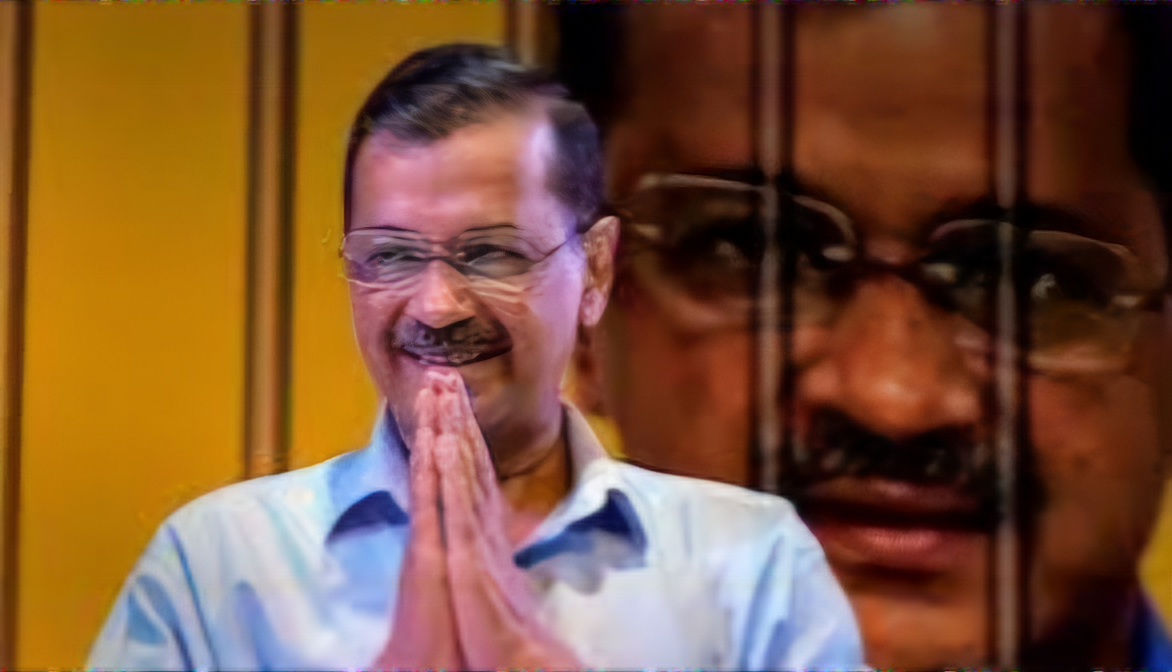


In a major move, Delhi Chief Minister Arvind Kejriwal was granted bail by the Supreme Court of India in a case involving accusations of corruption looked into by the Central Bureau of Investigation (CBI). Given Kejriwal's political prominence and the anti-corruption stance that helped him win election, the case has attracted national attention.
Background
Accusations of irregularities in the allocation of government contracts during Kejriwal's stint as Chief Minister led to the filing of charges by the CBI against him and many members of his administration. The CBI is accusing Kejriwal of breaking rules and carrying out illegal activities in this case, which is a part of a larger probe into allegations of corruption in the Delhi government.
The Supreme Court's Decision
The Supreme Court emphasized in its ruling a number of important considerations before giving Kejriwal bail. First, the Court stressed the need to strike a balance between protecting individual liberty and making sure that a proper investigation is conducted.
The ruling stated: "Bail is the rule, jail is the exception, particularly when the accused is not considered a flight risk and there is no tangible evidence of interference in the investigation." The Court found no compelling cause to detain Kejriwal in detention, particularly given his cooperation with the probe and his stable political position. Furthermore, the judgment underlined that rejecting bail in circumstances where the accused has exhibited cooperation with authorities would contradict the principle of personal liberty guaranteed in the Constitution.
Key Considerations
The Supreme Court laid out several reasons for granting bail, including:
No Risk of Flight: Given Kejriwal’s high-profile political role and visibility, the Court observed that there was minimal risk of him absconding or evading judicial processes.
No Interference with the inquiry: The Court was able to grant bail since the CBI was unable to produce any convincing proof that Kejriwal had obstructed the inquiry.
Presumption of Innocence: The Court reaffirmed that, unless and until proven guilty, an accused person in India is deemed innocent. Therefore, preventative detention should not be abused until there is solid proof of misconduct.
Conclusion
A critical turning point in a high-stakes legal and political drama has been reached with the Supreme Court's decision to grant Arvind Kejriwal bail. Though the immediate legal pressure has subsided, Kejriwal is still subject to examination and trial, which could have a significant impact on his political destiny. It will be critical to track how the court case affects public opinion and the larger political scene as it develops.
TAGS: Arvind Kejriwal Supreme Court CBI case corruption bail Aam Aadmi Party personal liberty judicial process.